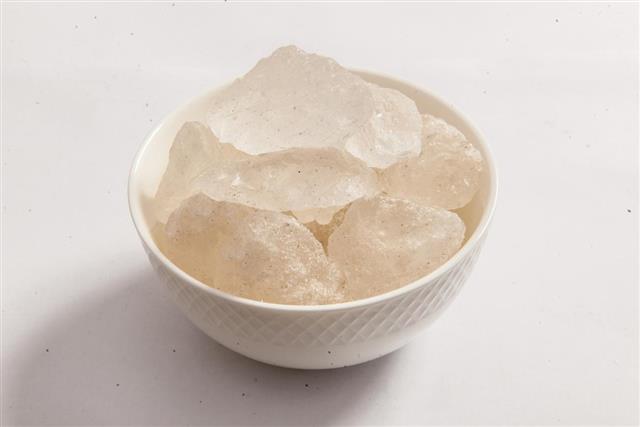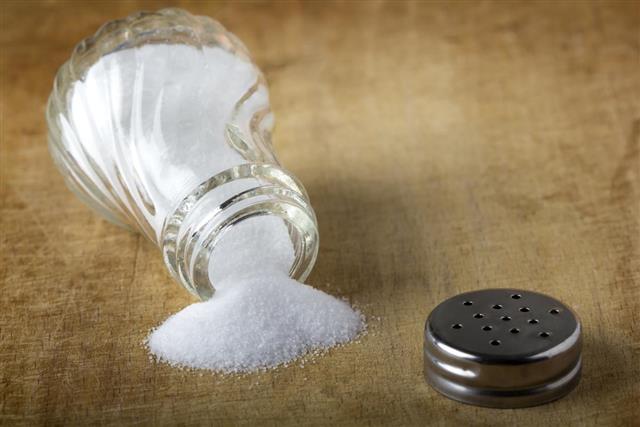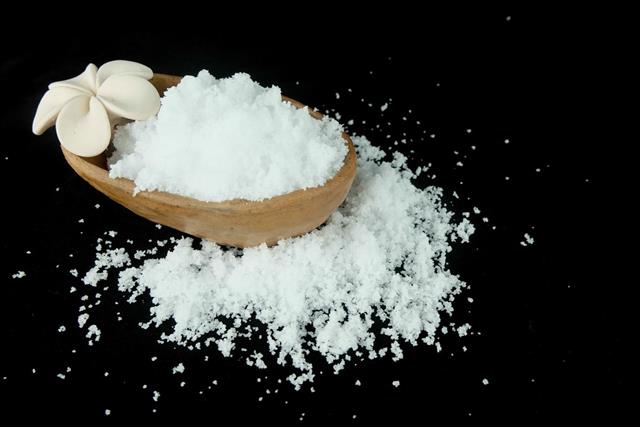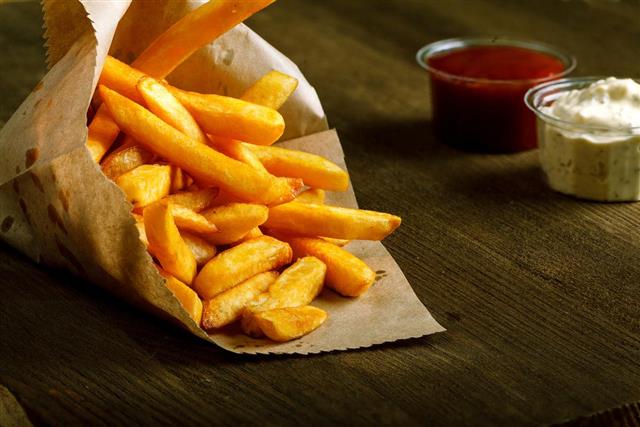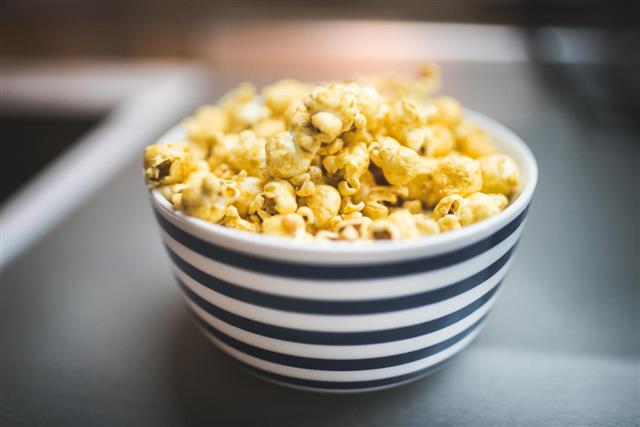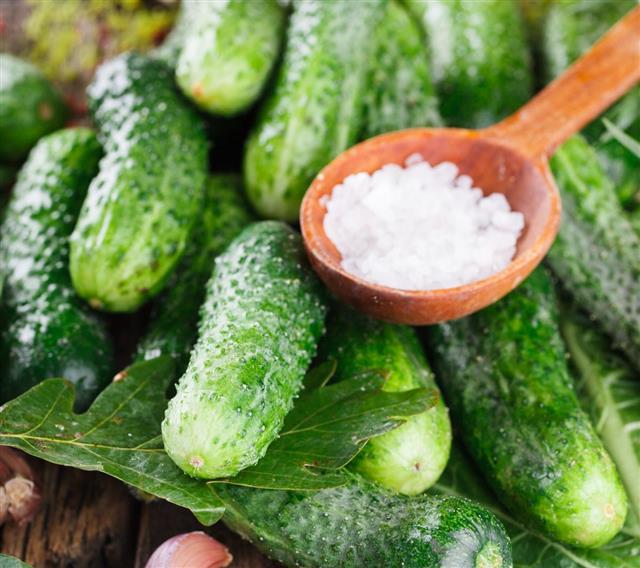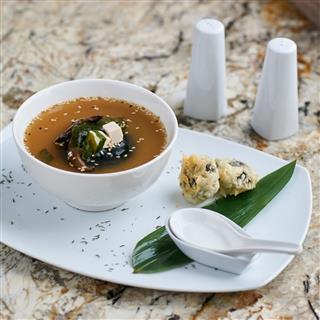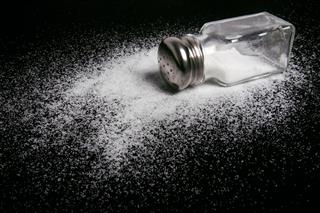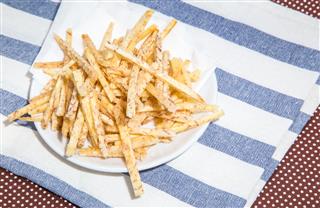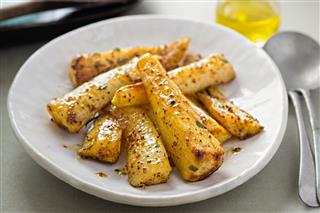
Pickling salt is a type of specialized salt that does not contain iodine and anti-caking additives. This is the reason why, this salt is considered ideal for canning and for making pickles. Find out more about this salt, its uses, as well as its substitutes, through this Tastessence article.
Pickling salt is nothing but a type of salt, specifically used for canning and pickling. This salt is considered to be pure, as it does not contain additives, unlike the regular table salt. Pickling or canning salt does not contain iodine and anti-caking products, which makes it especially ideal for canning and for making pickles. This fine-grained salt gets easily dissolved in water to give a clear brine. However, when exposed to moisture, it tends to cake or form clumps.
Uses of Pickling Salt
Apart from being used for pickling and canning, this salt can be used for other purposes as well. It can be used in the same way the ordinary table salt is used. You can use it for baking, as well as for seasoning foods like popcorn and French fries.
However, this salt forms clumps whenever it comes in contact with moisture. Another point to be kept in mind is that it cannot provide iodine, a deficiency of which may cause thyroid problems. However, if your diet includes a lot of seafood, then inclusion of iodized salt may not be a necessity.
Pickling Salt Substitutes
Kosher salt can be used to substitute canning salt, without compromising the look of the pickles. The regular table salt can also be used as a canning salt substitute, though your pickles may not look very appetizing. While using kosher salt as a substitute, be sure to use more of it, as kosher salt is not as compact or dense as pickling salt. Otherwise, you can grind the kosher salt in a grinder to make it more compact.
Regular Salt
Regular table salt can also be used for pickling. In general, the taste of pickles made with regular salt is not going to be different from the taste of those prepared with canning salt. Even from the point of view of food safety, there are no difference between pickles made with regular table salt and those prepared with canning salt.
However, the pickles made with regular salt tend to become dark, due to the presence of iodine. Moreover, the brine or the pickling liquid becomes cloudy, mainly due to the presence of anti-caking additives in regular salt. These additives do not dissolve in water completely. This is the reason why, canning salt is preferred over the regular salt for making pickles.
Kosher Salt
Kosher salt was originally developed for the preparation of kosher meat. Like pickling salt, kosher salt does not contain iodine and anti-caking additives. Sometimes, certain brands of kosher salt may contain yellow prussiate of soda as an anti-caking additive. But, this anti-caking agent is not likely to make the brine cloudy. However, kosher salt is coarse and flaky, as compared to canning salt. Again, kosher salt dissolves quite slowly than canning salt, mainly due to its flaky and irregular granules. Apart from making pickles, kosher salt can be used to preseason meat.
In addition to kosher and regular salt, alum can also be used for pickling. Alum is a salt that is produced, when an alkaline metal reacts with a trivalent metal, like aluminum or iron. However, one should be very careful while using alum for pickling, as it can be toxic if ingested in large amounts. Therefore, it is always better to use pickling, the regular, or kosher salt for making pickles. The main disadvantage of pickling salt is caking, which can be prevented by adding a few grains of rice in the container, where this salt is stored. Another way is to bake the salt in an oven, which helps draw out the moisture from it.
